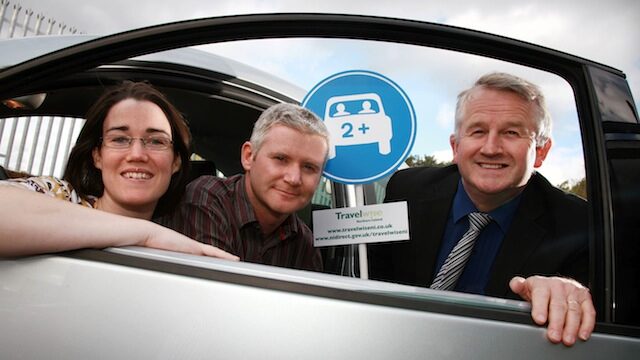There seems to be a recurring theme here.
Last month, reflecting on the Frankfurt motor show, I suggested that one of the main talking points was car sharing. It has become a board-level topic at some major carmakers.

This month, a report by research firm Frost & Sullivan suggests that Europeans are warming to the idea of sharing rather than owning a car. The study concentrated on cities in the UK and Germany.
While only one out of four are familiar with the concept of car sharing but once it is explained to them, the interest levels jump to 38 percent.
The study predicts that traditional car sharing will increase from 0.7 million members in 2011 to more than 15 million members in 2020. The major interest groups include the young, the well-educated, the office goers, and university students, with no children.
Most people – 61 per cent – cite cost efficiency as the main reason for their interest in car sharing schemes.
Potential car sharers reported that they would – for the time being – consider replacing one out of three trips with car sharing. Between 25 to 40 percent of current drivers claimed they would give up their cars and about 60 percent of non-owners said they would refrain from buying a car.
The most interesting statistic in the study from an industry point of view relates to peer-to-peer sharing. While only 18 per cent of respondents would be willing to share their own cars with others, there has been rapid growth since 2008 with peer-to-peer sharing doubling between 2010 and 2011, according to Frost & Sullivan. The study predicts this aspect of car sharing will grow to 310,000 vehicles with 740,000 participants by 2020.
There are several ways to interpret that figure. There is an opportunity for an extra 310,00 sales for the car company that can target peer-to-peer sharers – or there are at least 740,000 people out there who want the use of a car but aren’t that worried about owning one.
Perhaps road testers need to add another category to their assessment: suitability for car sharing.

